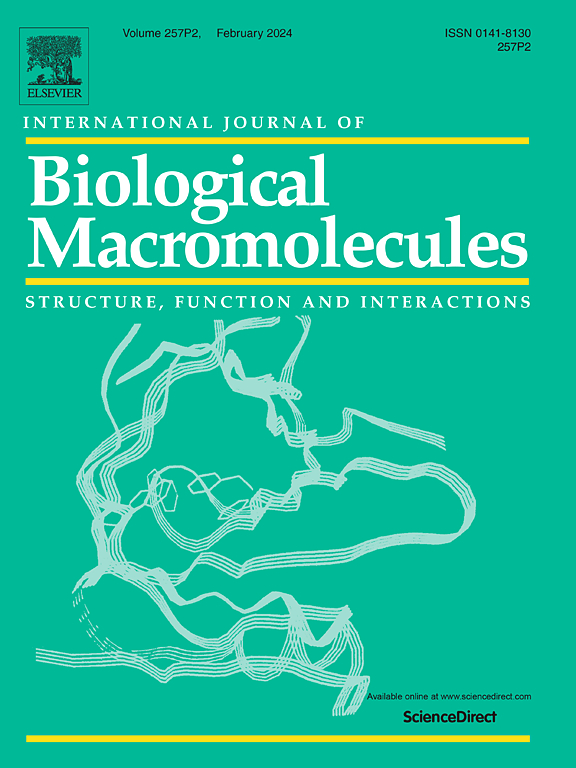Co2+-boosted catalytic performance of polyhistidine-tagged organophosphate hydrolase locked in cobalt-organic framework
Abstract
Hydrolysis of organophosphates (OPs) with organophosphate hydrolase (OPH) provides a green approach to degrading OPs, but the success of enzymatic OPs degradation relies on the availability of high-efficiency OPH. Herein, we report a simple but effective way to constructing high-performance OPH preparations based on the in situ encapsulation of hexahistidine-tagged OPH (H6-OPH) into cobaltous zeolitic imidazolate framework (ZIF-67) via biomineralization. ZIF-8 made of the same organic ligand but a different metal ion (Zn2+) was used for comparison. It was found that the H6-tag domain did not affect the catalytic properties of OPH in the absence of Co2+, but boosted the Co2+-activation effect on the H6-OPH catalytic activity by two-fold. Furthermore, H6-OPH@ZIF-67 retained the highly boosted activity, while H6-OPH@ZIF-8 and OPH@ZIF-67/ZIF-8 lost most of the activities. Extensive analysis revealed that the H6-tag promoted the Co2+-induced OPH conformation transition and locked the activated conformation in ZIF-67. Notably, H6-OPH@ZIF-67 not only achieved an activity recovery as high as 348?% and a 321?% increased catalytic efficiency (kcat/Km) over free OPH, but also exhibited greatly improved stability and reusability. The findings underscore the high efficiency of fabricating high-performance OPH preparations via polyhistidine-tag fusion, Co2+ activation and locking by the cobalt-organic framework.





